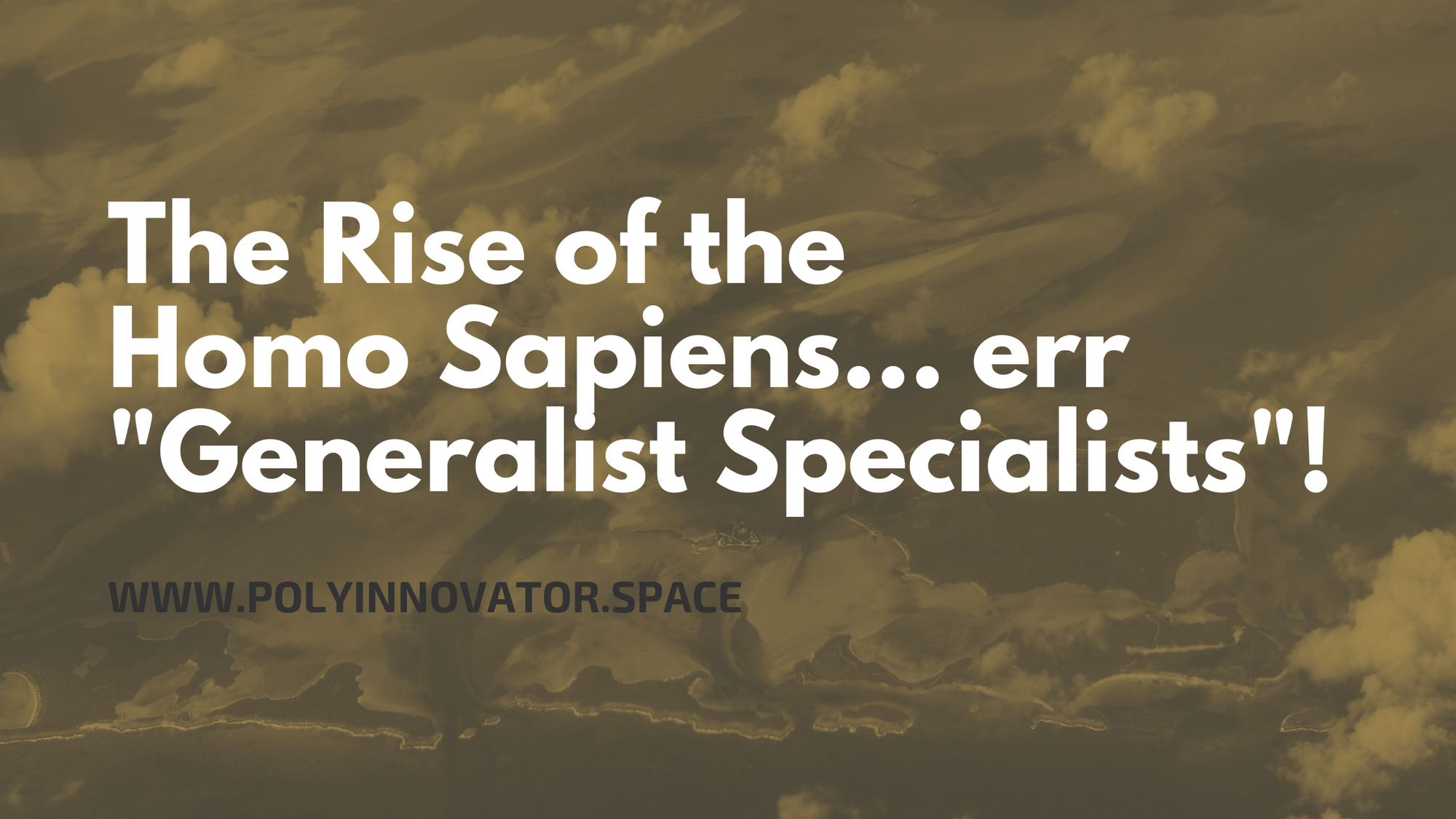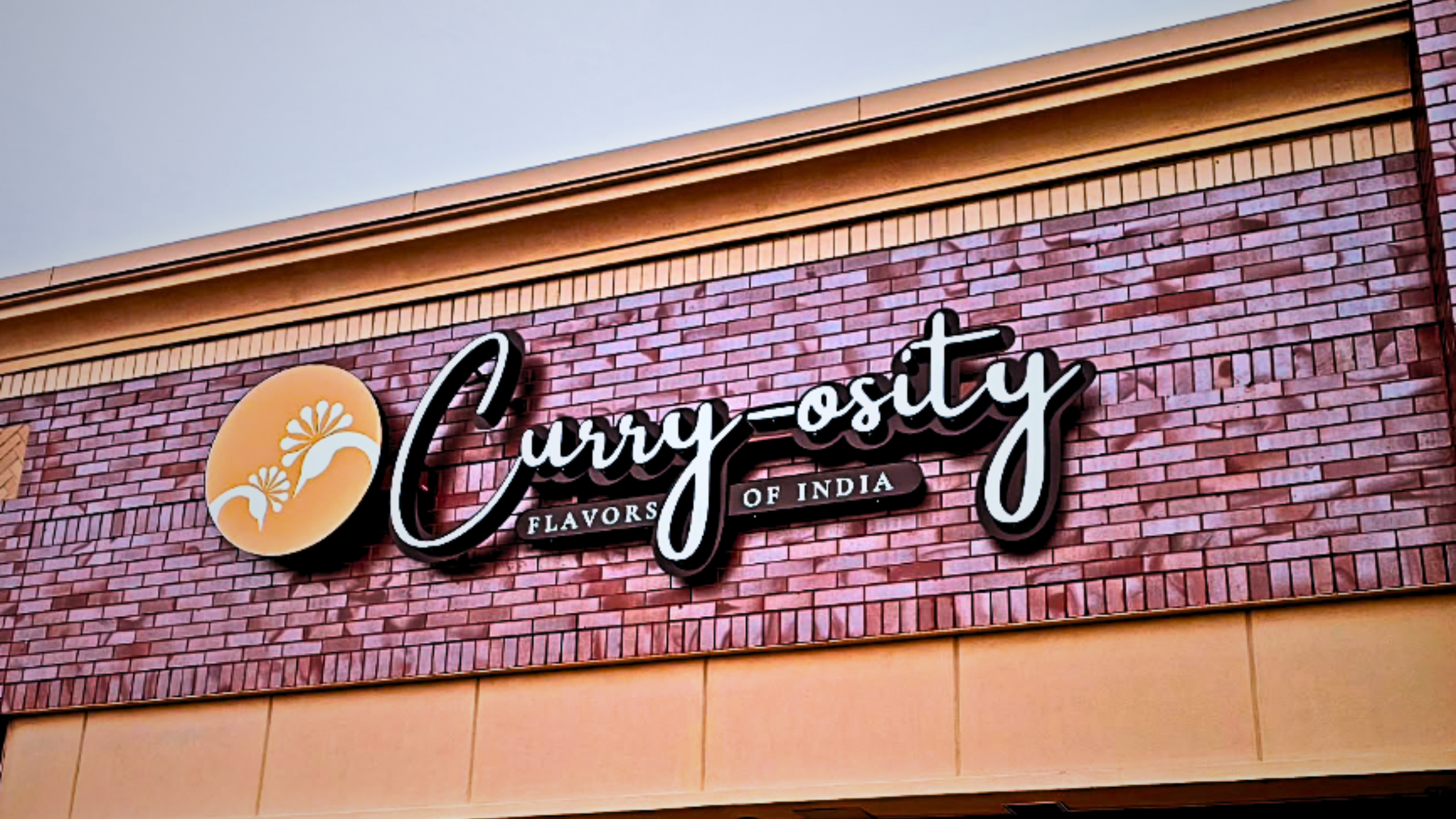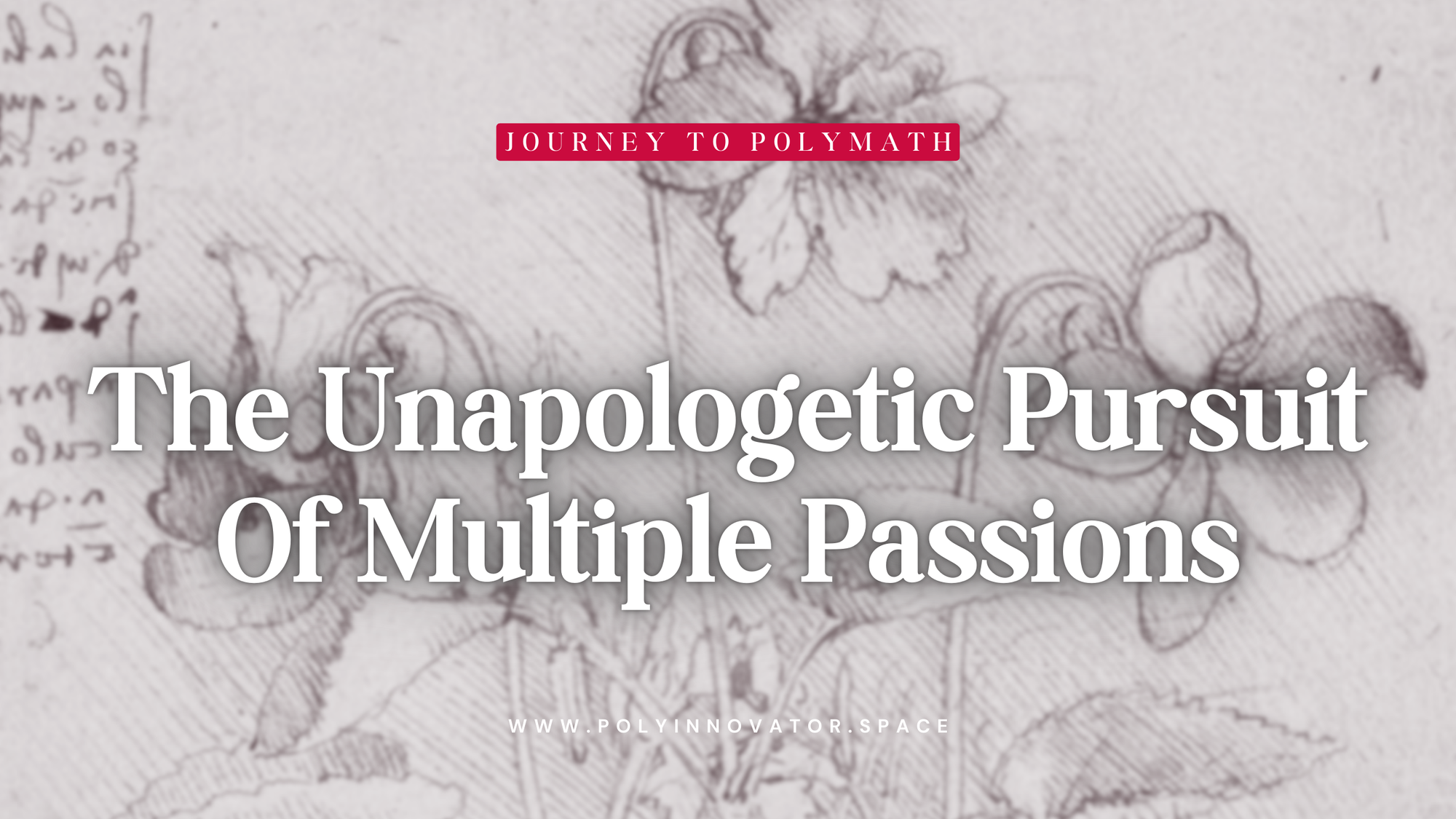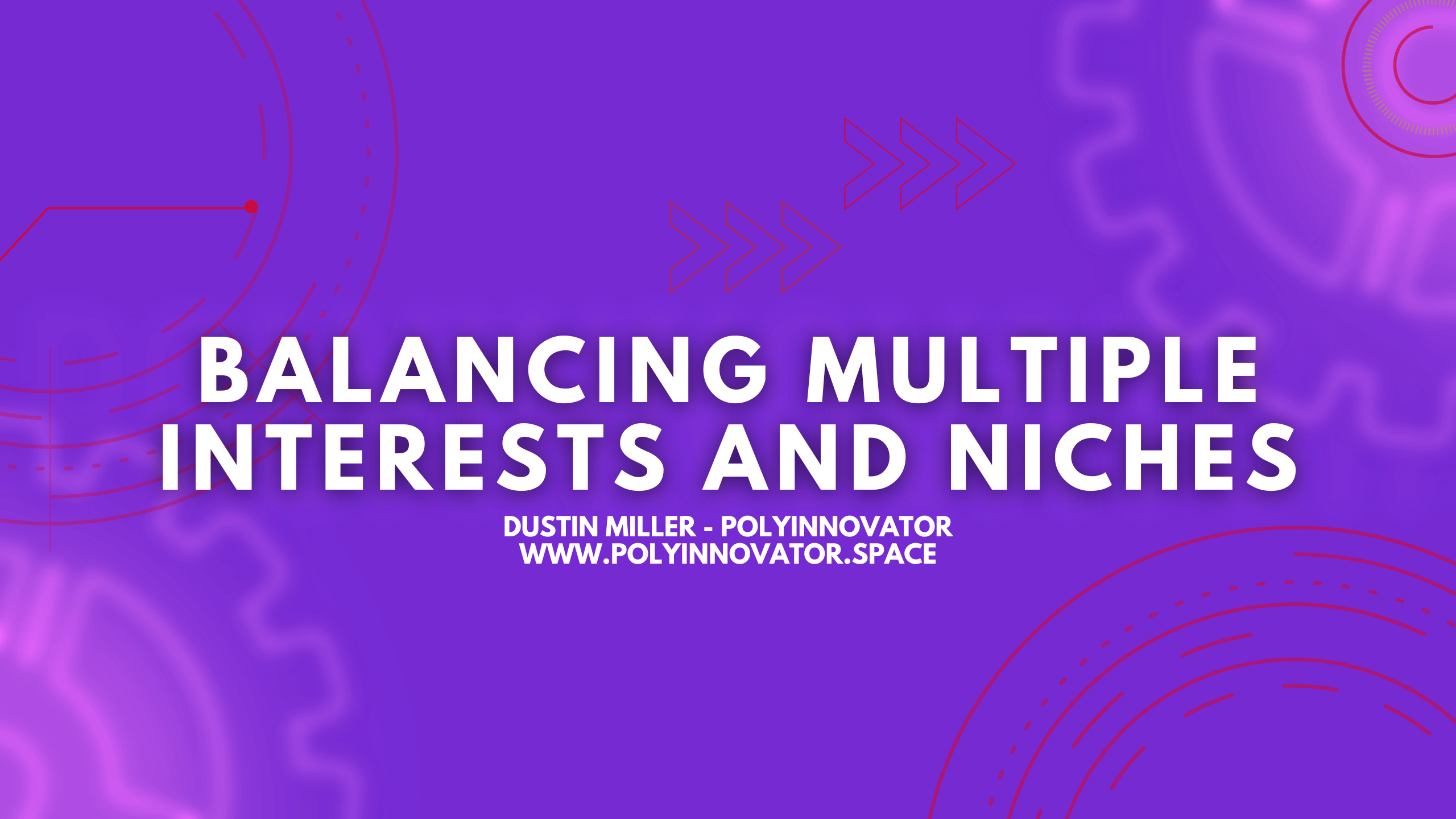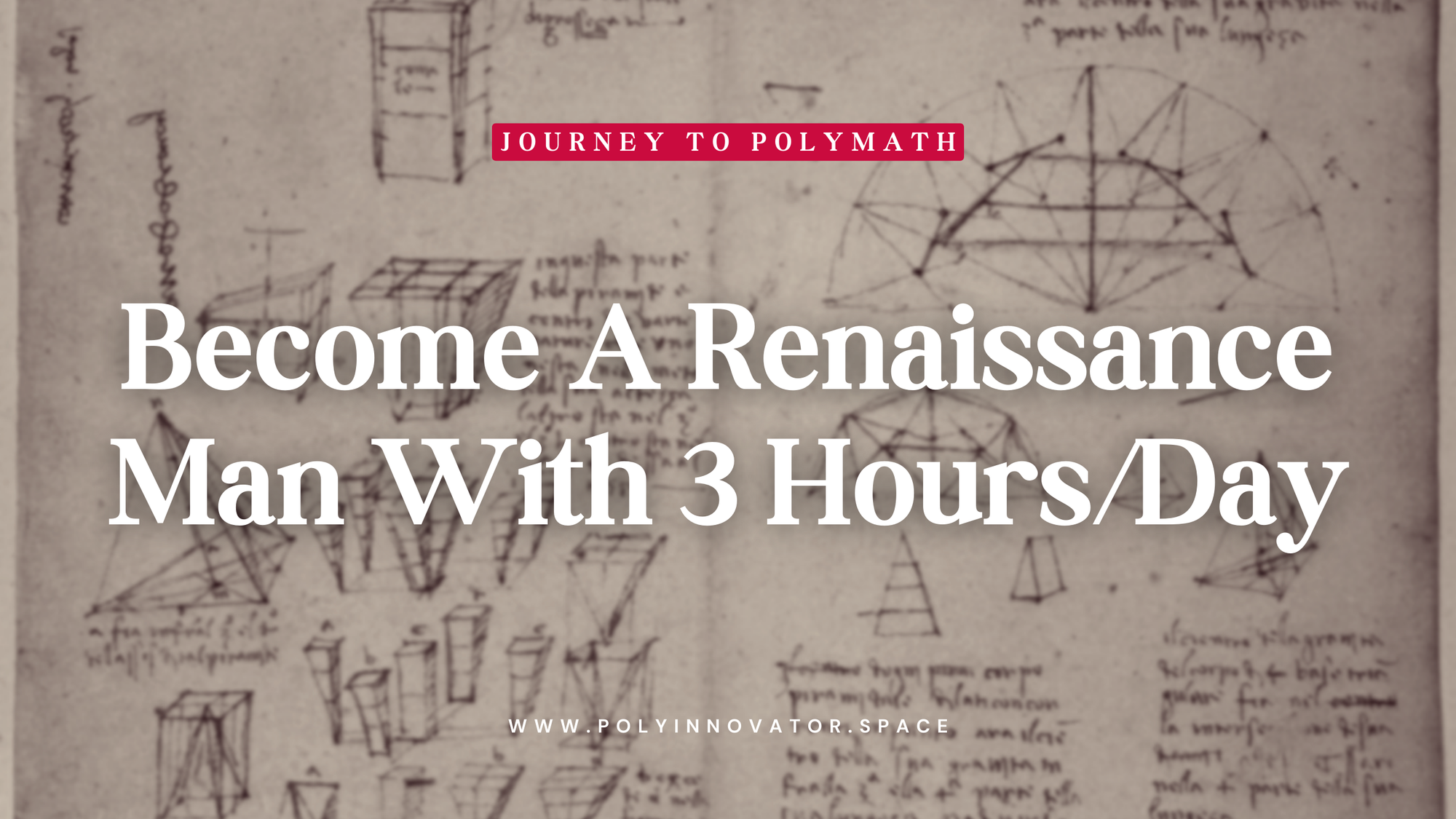Our brains during the evolution of our species lead us to be amazing natural machines. We are capable of learning so many versatile skills, and achieve phenomenal physical feats.
In contrast the other hominids of our planet did not fare as well as us. We were able to adapt to new environments far better. It is because of this that researcher Patrick Roberts, PhD from the Max Planck Institute for the Science of Human History, believes that homo-sapiens were able to survive when others didn't.
Him and his team use the description "generalist specialists", as the method of explaining how we as a species were able to adapt.
The ability to hold multiple specialties, and change between them depending on the situation. A prime example is the different ecological environments, such as deserts, rain forests, and snowy climates.
The Reason for the Continuance of Humanity
While neanderthals were creative in some ways, there were differences in how homo-sapiens thought. Not only in the tasks they would do, but could also learn to share resources with non-kin. Creating an empathetic culture, with a tendency to "accumulate and pass down knowledge."
Survival of the Specialist-Generalist
Much of the population see being a "jack/jill of all trades" as a negative, for the saying is KNOWN for the "master of none" tidbit at the end. However something I've been bringing up a lot everywhere I go is that it DOESN'T end with that. The whole phrase goes:
Jack of all trades, master of none, but also sometimes
better than a master of one.
I would argue we need a new phrase because being a jack of all trades does not equal "master of none", for that is what a polymath or renaissance person is. Master or deep level of knowledge in many areas.
In fact this article puts it beautifully:
our ancestors pulled off a unique feat: being masterly jacks of all trades.
Adaptable to Change
Our reason for being here was because we had the capacity to MASTER many if not all trades in the past.
Interestingly enough this has been brought up in discussion about the Italian Renaissance, of which polymaths of the time were known for being masters of everything.
One does not simply need to be a master of everything to be extraordinarily adaptable to change. We just need to identify the key traits of polymathy or being "generalist specialists". Those being the fundamentals of learning, such as curiosity, knowledge transfer, transcontextual thinking, etc.
As it says in the Science That Matters Article, “unique ecological plasticity”, of which is being able to adapt to each of the various ecologies on Earth.
One might even say that would allow us to survive on multiple planets as well.
Why then are we so driven towards Specialism?
Over the past two hundred years we have seen a truly exponential increase in technology in all levels of society.
Often our societal mindset on these matters of careers, specialisms, and overall way of life have been derived from the Industrial Revolutions. As for each one we have had (more info here), has lead to us as a species digging deeper into the trenches of knowledge areas.
Creating new sciences, fields of work, and overall discovering all the discoveries left. Saying that we found them all is highly debatable, and probably originates from the arrogance of our species. haha
As with the rise of the 4th industrial revolution we are in RIGHT NOW, there are brand new fields being discovered in all sectors of work.
Who is the say that we can or cannot master everything anymore? What if that becomes a possiblility to download information like the matrix? We don't know the innovations of the future. Let alone the changes to education that we could be missing now, which I'm working on with the Modular Degree.
Perhaps with a societal shift in thought process on how we learn, as well as the realization that perhaps WE CAN become polymaths. Maybe then we can fulfill the ancestral generalist traditions past down to us!
Here are the links to the articles that inspired this Codex entry:
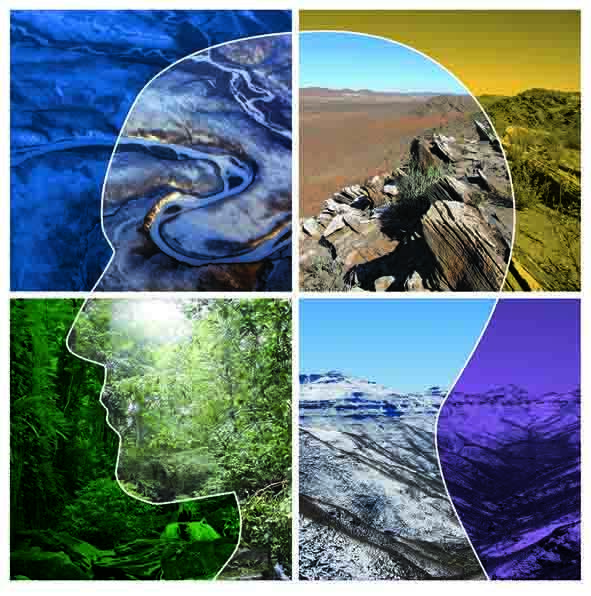
The spin offs:

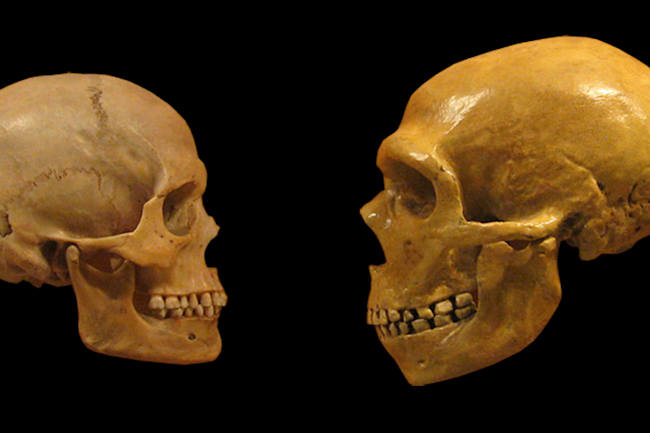
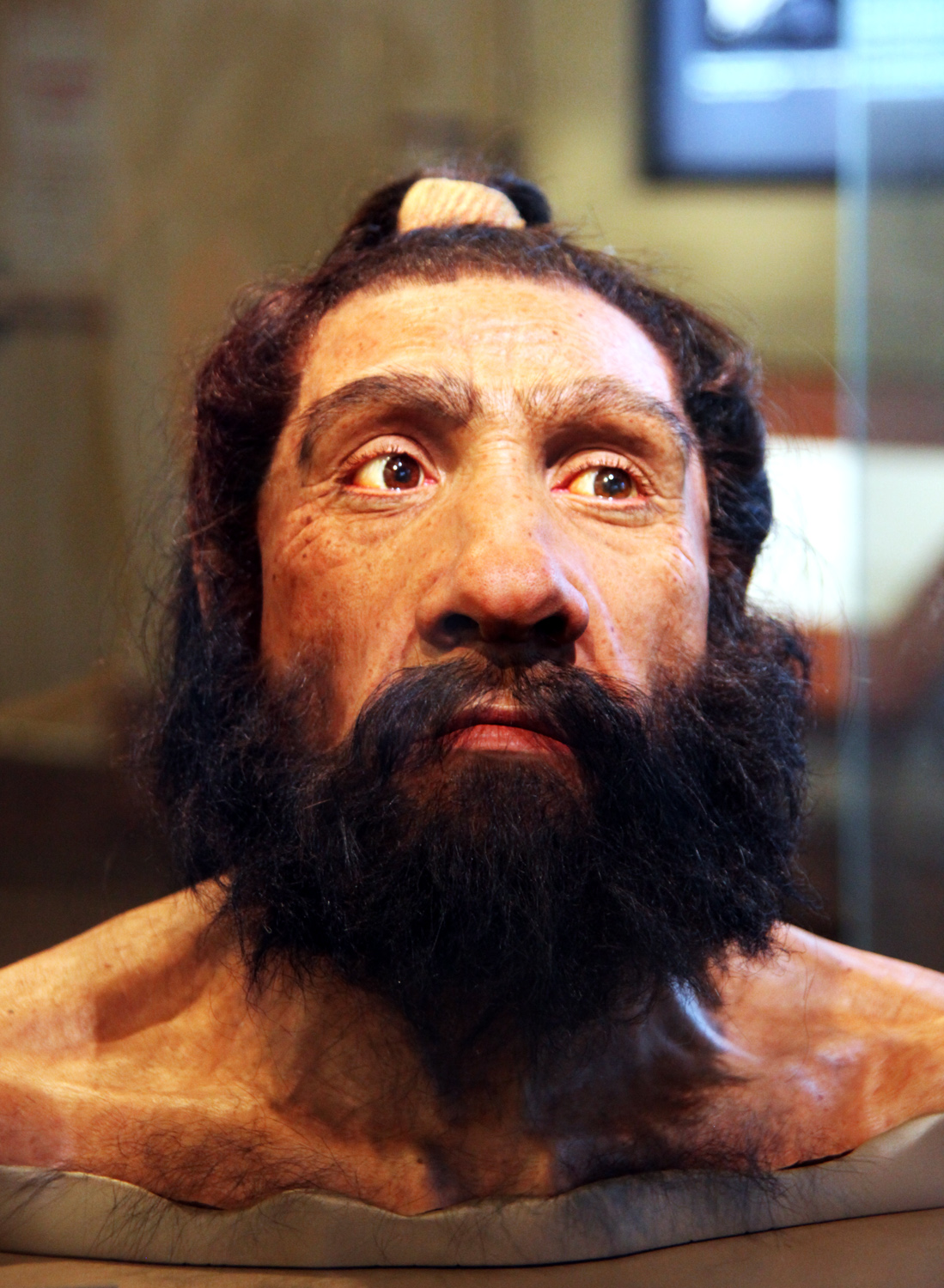
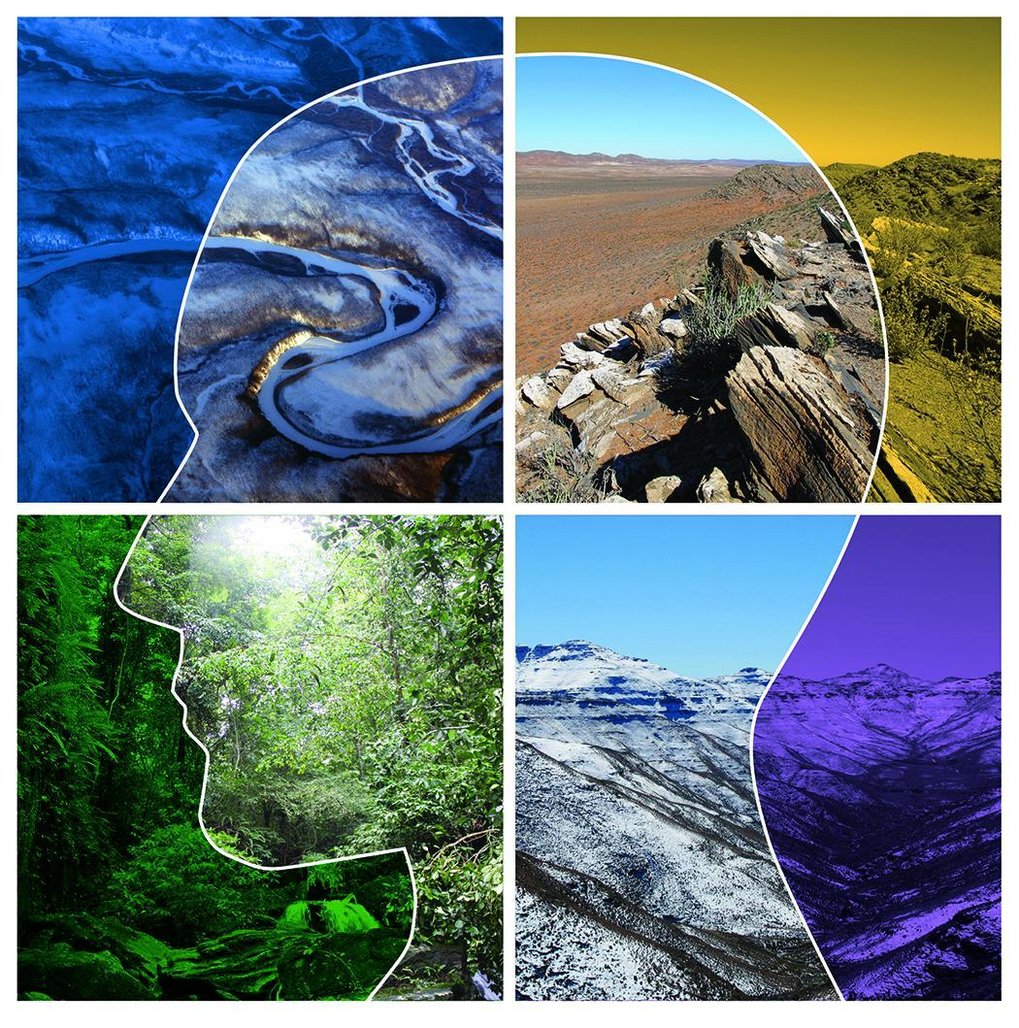
![Official Website for Dustin Miller PolyInnovator [LLC]](https://polyinnovator.space/content/images/2025/03/polyinnovator-logo-2024.png)

